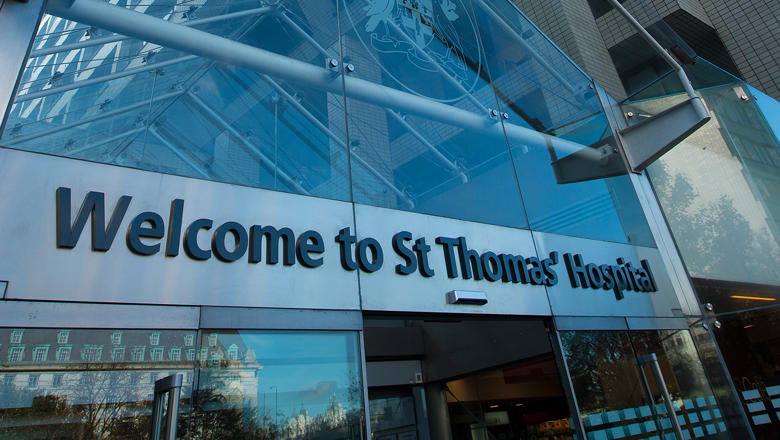The lack of such a facility hinders academic research which is supported by innovation funding to develop life-saving technologies and this delays the delivery of patient benefits.
Professor Sebastien Ourselin
22 January 2020
£5.2 million Wellcome grant to establish MAISI, a medical device manufacturing facility
The School of Biomedical Engineering & Imaging Sciences has received a substantial grant to establish the facility

King’s College London School of Biomedical Engineering & Imaging Sciences, in partnership with UCL and Newcastle University, received a Wellcome grant of £5.2 million to establish a new facility for the Manufacture of Active Implant and Surgical Instruments (MAISI), which will be located at St Thomas’ Hospital.
This exciting initiative addresses the lack of specialised and regulated manufacturing facilities for prototype development of Class II & III medical devices for first-in-patient studies in the UK.
By tackling this significant bottleneck, the clinical translation of healthcare engineering research can be streamlined.
Professor Sebastien Ourselin, the Principal Investigator of the project said the team is excited that Wellcome is funding this unique facility to manufacture complex medical devices for use in patient studies.
The new cleanroom, part of St Thomas’ MedTech Hub, will help fill this gap and will also promote the reputation of UK academic research worldwide.
Dr Anne Vanhoestenberghe, Deputy Director said while many universities have in-house cleanrooms, few in the UK are equipped to manufacture medical devices for use in patients, in particular the most complex active implantable medical devices (AIMD), for which it is crucial to implement a certified Quality Management Systems (QMS).
“The grant will also create a new model for the clinical translation of complex medical devices as it embeds a degree of regulatory support to ensure compliance to the requirements of UK’s Medicines and Healthcare products Regulatory Agency (MHRA),” she said.
We’re delighted to have been able to support this endeavour to create a new model for manufacturing complex medical devices to enable evaluation in people. Universities in the UK have a strong track record of device development and this facility can support the creation of a pipeline of devices hurdling the barriers from academia to real world impact.
Dr Philip Jordan, Partner, Wellcome Trust
Professor Ourselin said: “With the support of Wellcome, we are delighted to continue to build infrastructure that addresses the challenges to clinical translation of complex medical devices.”
“This will ultimately contribute to our goal to accelerate the development and uptake of innovative technologies that improve health outcomes.”
